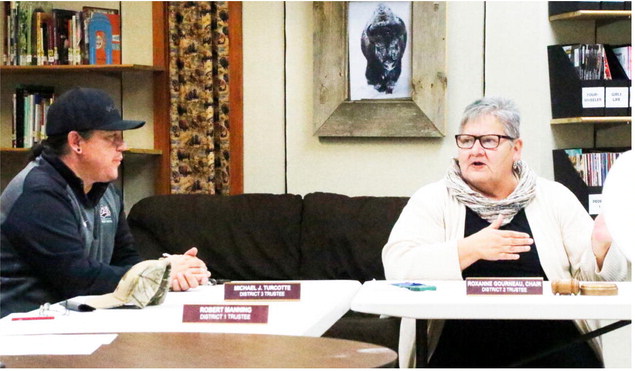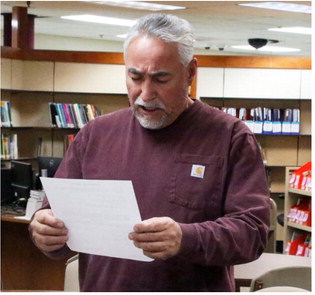Historical Society Celebrates 19th Amendment
The letters of three Montana women politicians offer historic insight as the nation celebrates the 100th anniversary of the 19th Amendment in August, which gave women the right to vote.
Women’s earliest known role in Montana politics began in 1882 when Helen Piotopowaka Clarke was the first woman and first Native American elected as county superintendent of schools in Helena. In 1916, Jeanette Rankin was elected as U.S. Representative for Montana four years before women could vote; she cast the single dissenting against entering both World Wars.
Rankin’s legacy extends beyond her peace activism. She inspired other women, including politicians Dorothy Eck, Louise Cross, and Arlyne Reichert, who served as Delegates to the 1972 Constitutional Convention. Of the 100 delegates elected, only 19 were women.
Yet women around Montana celebrated this unprecedented female representation. Marie MacDonald from Glendive wrote to Eck, saying, “As a Montana woman, I take pride in your election to the Constitutional Convention. We are about 50% of the human race; government affects each of us every bit as much as it does our men.”
Eck, from Gallatin County, served on the Bill of Rights Committee and lobbied for the inclusion of Indian Education for All. In 1980, she was elected to the State Senate and served until 2000. Eck was a lobbyist for the League of Women Voters until her death in 2017.
Hailing from Dawson County, Cross’ focus was on the environmental impact of strip mining. She chaired the Natural Resources and Agricultural Committee, the only woman to chair an Article Committee. Until her death in 2014, Cross fiercely defended Montana lands, including advocating for the protection of the Makoshika State Park from oil development in 1997.
Reichert of Cascade County was a skilled debater, and fellow delegate Lucile Speer noted that, “…she [Reichert] was a person who went around getting signatures, support.” Reichert’s focus was creating a unicameral legislature, although Montanans voted against it when the Constitution was ratified. Reichert served one term as a Montana state legislator in 1979 and remains active in local politics and historic preservation efforts, including preservation of the Great Fall’s 10th Street Bridge.
MHS intern Hannah Soukup of Missoula recently processed the correspondence collections of Cross, Eck and Reichert. “These collections are a treasure trove of information, and the I think most interesting thing about them is the correspondence,” Soukup said. “These letters give us a glimpse into the inner workings of Montana politics, especially from a woman’s point of view.”
In addition, the Montana Historical Society Archives holds a robust collection of Rankin’s materials, including a newly processed addition of mostly incoming correspondence to Rankin, which sheds additional light on her peace activism and her second-term activities. Full descriptions of the newly accessible records are available in the MHS catalog (https:// mhs.mt.gov/research). To explore these records in person, contact the research center at MHSlibrary@mt.gov to set up an appointment.

